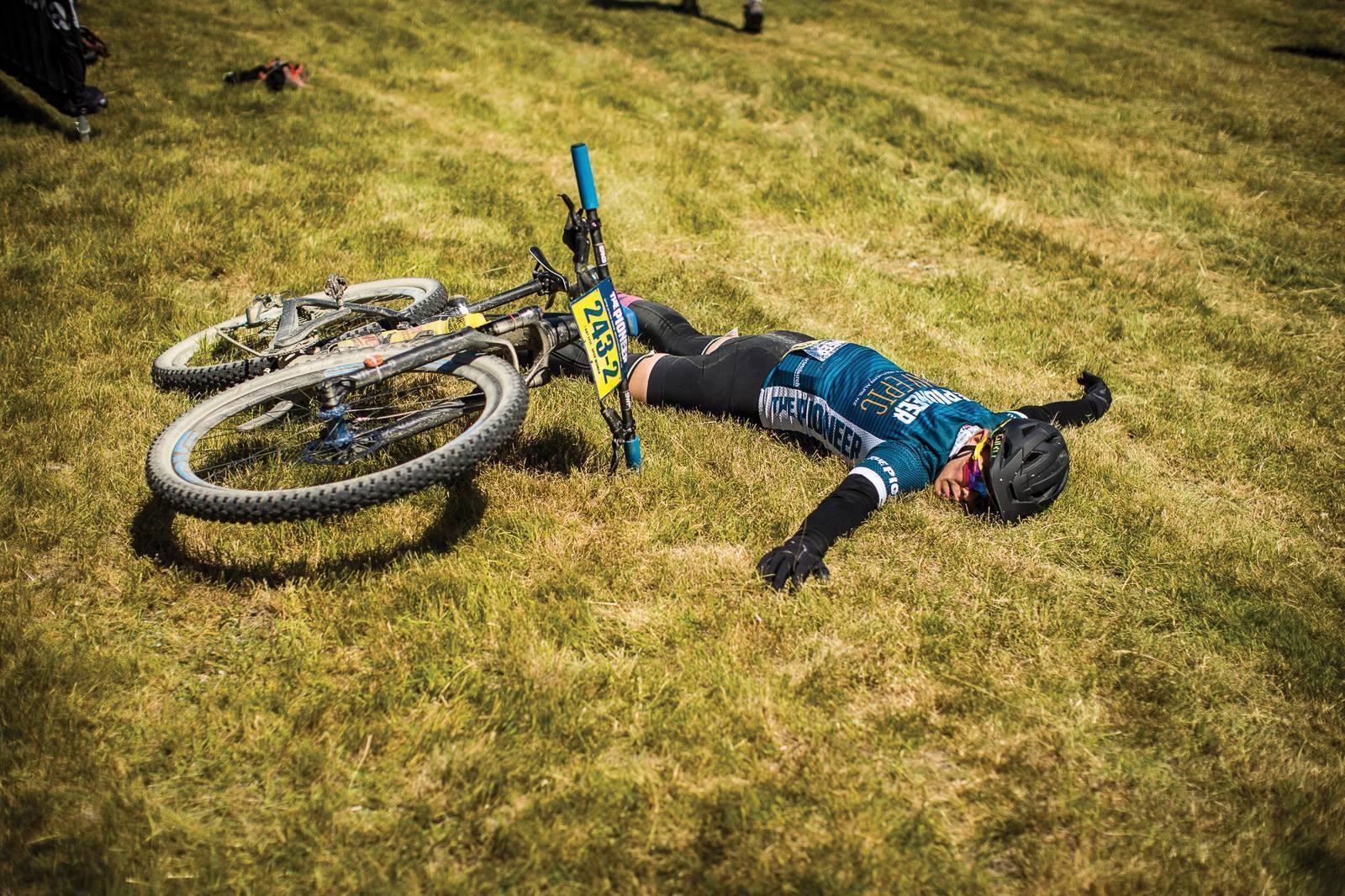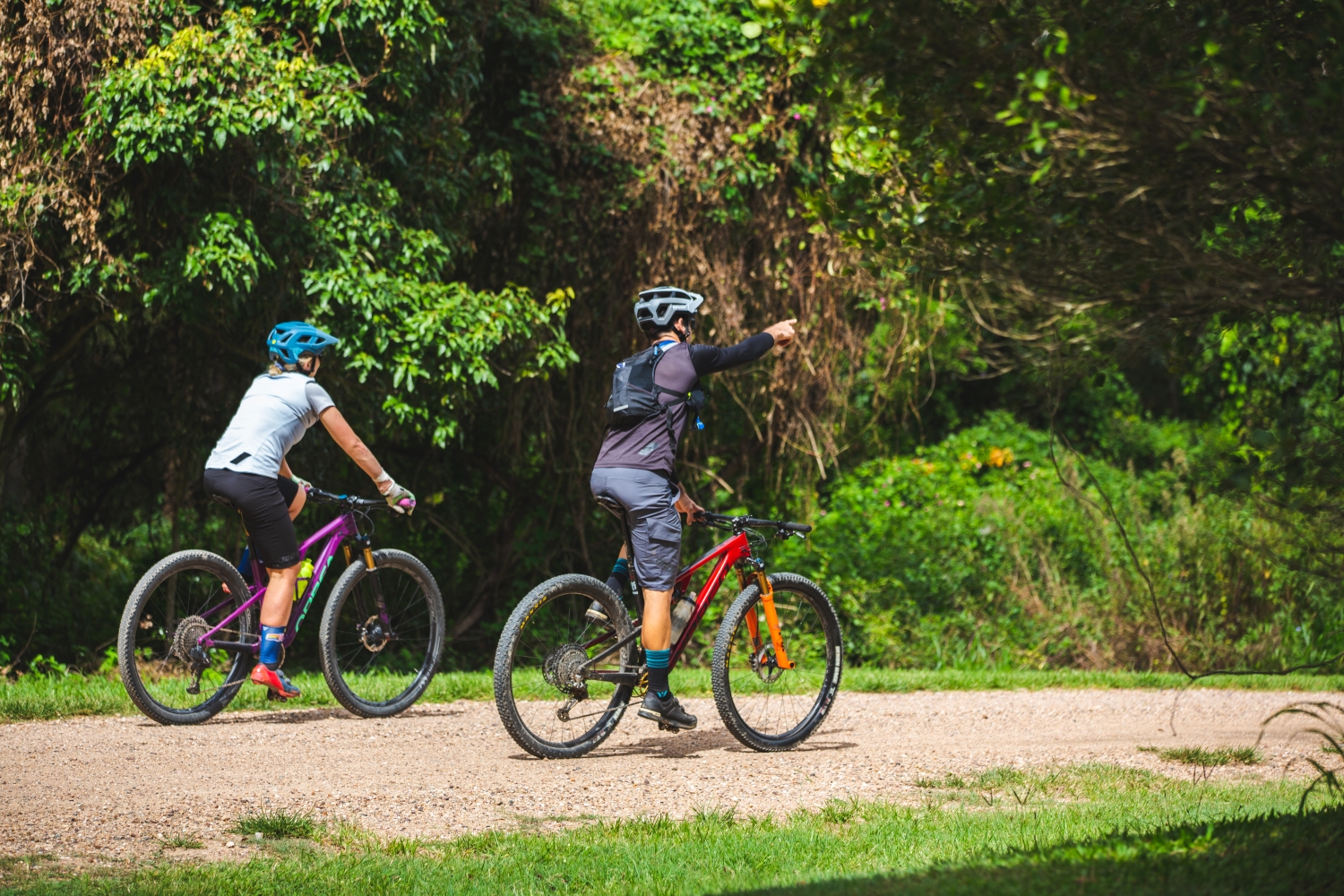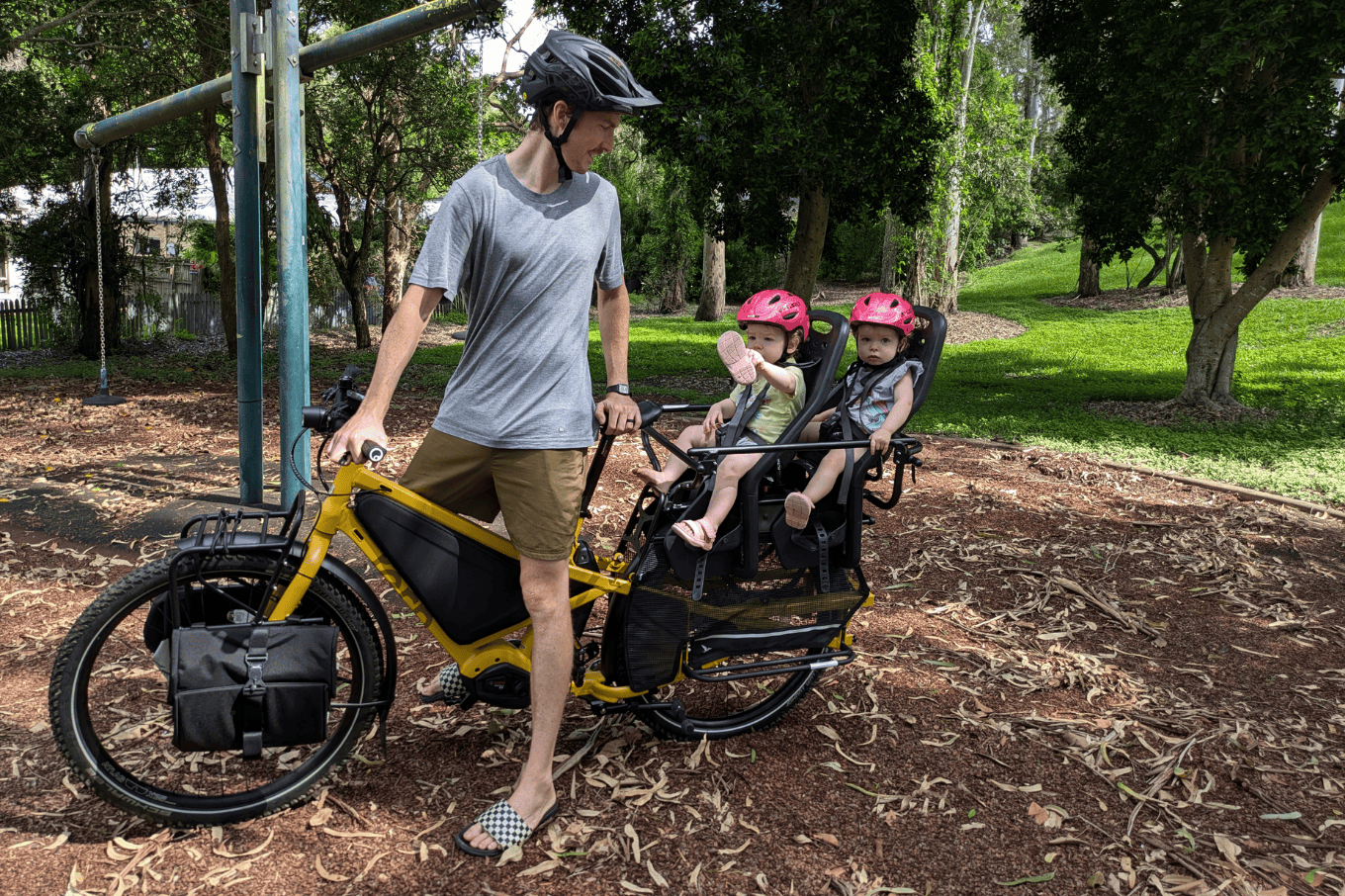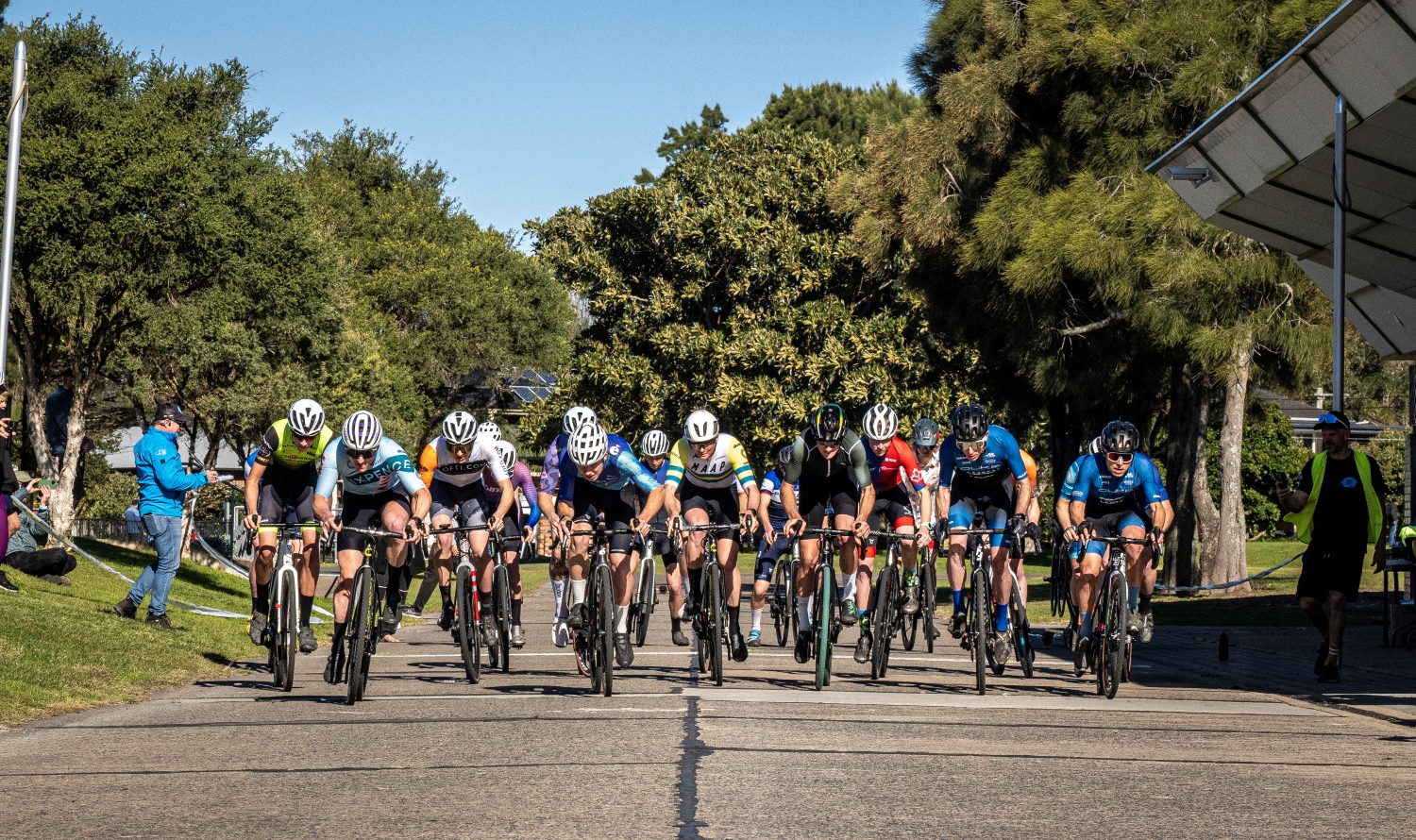NUTRITION: THE ART OF SUFFERING AND BEATING FATIGUE
Anyone that rides has experienced fatigue at some point in their training and racing. But how do you tell the difference between normal fatigue and something more sinister? And what can you do to minimise fatigue so that you can get the most out of your training and nail your next race?
We all love to ride, and love to ride well. But pushing your body to the limit can sometimes lead to tiredness standing in the way of you doing what you love. There are many causes of fatigue and you may be able to put it down to working long hours or not sleeping well. But if you want your energy back, there are several areas of your lifestyle you can optimise – including your training program, diet, sleep and checking for any medical causes.
It’s important to realise that there are different types of fatigue – mid-ride fatigue (the ‘bonk’), post-ride fatigue (after a hard ride), over-reaching (at the end of a hard week of training) and overtraining. Overtraining is long term fatigue that limits performance, rather than post-ride or over-reaching which will lead to improvements in your performance.
The trick is knowing what signs to look out for and how to manage your lifestyle and training so you can keep fatigue at bay and perform well.
MANAGING FATIGUE
Rest!
Rest and recovery is a key component of any training program. Although you might have a case of FOMO, you should include one to two rest days a week so your body has a chance to adapt to the training you’re doing.
Regularly assess your energy levels and listen to your body. Key signs you’re overtraining and not getting enough rest include reduced performance (eg lower power or struggling to finish sessions), resting heart rate variability, low mood, digestive upset and low blood sugar levels. Resting heart rate is a great measure. Use a heart rate monitor and take your resting heart rate every day – looking for any changes. If your resting heart rate increases, take a rest day or go for an easy spin, rather than the hard session you had planned. Some watches now have a stress score, or you can use a heart rate variability app such as Elite HRV to keep track of your resting heart rate.
WILL A MULTIVITAMIN HELP?
Fatigue is largely caused by an imbalance of energy, carbohydrate, protein and fat and unless there is a specific deficiency like iron, supplements will do very little to help fight fatigue. If, however, you’re travelling lots and missing regular meals, or your work or training schedule disrupts your food intake, then a general multivitamin and mineral supplement may help to cover any bases.
Nutrition
Adequate nutrition is often overlooked as a contributing factor to fatigue. Often, a simple change in eating habits can increase energy levels and improve performance so here’s what to think about.
Eat enough!
When training and juggling work and family, often there isn’t much time left to prepare food – meaning you may not eat enough or enough good quality foods. Having energy rich foods and drinks available during and after exercise is important to meet your needs. Make sure you’re focusing on quality foods like proteins, whole grains, fruit and veggies, rather than relying on fast food or processed snack foods. Also try not to rely on caffeine to reduce your tiredness, as it can actually make things worse by interfering with your sleep.
Carbs are your friend
Not eating enough carbohydrate can lead to a depletion in your fuel stores which then leads to fatigue, lack of energy to train, loss of muscle and poor recovery. You’ll also not be supplying your brain with enough fuel, so you might lack concentration at work and be unusually cranky or low. For the best recovery be sure to have some carbohydrate within 30 minutes of your session, especially if you have a double training day. Including some whole grains, fruit or dairy at each meal is a good way to ensure you’re getting enough for your body to recover properly.
DO YOUR OWN FATIGUE CHECK.
Do you have?
– Increased resting heart rate
– Reduced performance and poor recovery
– Increased perception of effort
– Sudden weight loss
– Loss of appetite
– Increased risk of illness
– Loss of enjoyment in training
– Sleep and/or mood disturbances
Drink. Drink. Drink! (And not at the pub…)
Dehydration impacts on exercise performance and may lead to fatigue, dry skin, headaches, nausea and poor concentration or decision-making. Individuals with high sweat rates should be especially careful about staying hydrated – if you’re the person no-one wants to ride behind, I’m looking at you! Every time you pee, check the colour – if it’s dark yellow you’re dehydrated. Sip on a water bottle during the day and have a drink with every meal and snack to help keep hydrated.
Focus on iron
Athletes – particularly females, teenagers and vegetarians – have an increased risk of iron deficiency. Low iron stores can make you feel fatigued and impair recovery. A blood test is needed to diagnose iron deficiency, but it’s easy to treat. Focus on including iron-rich foods like red meat, pork and dark leafy greens regularly.
Unhelpful habits and medical conditions
Smoking, drinking alcohol heavily or using other substances for stress relief will all contribute to fatigue and other medical issues. Smoking will reduce your lung function, even if you only smoke ‘socially’.
Alcohol will dehydrate you, reduce concentration and impair your coordination and decision-making skills, even the next day. Dehydration makes you feel tired during the day, but also directly impacts on performance. Drug use (even some prescription medications) can leave you feeling drained. The answer? If you smoke, quit; drink in moderation, if at all; and talk with your doctor about any drugs you use.
There are many medical issues that can lead to fatigue. Thyroid problems, heart issues, sleep apnoea or diabetes to mention just a few. The best place to start to rule out medical causes of fatigue is with your GP who will be able to run any suitable tests and devise a treatment plan if needed.
Want more info?
An Accredited Sports Dietitian can help you find a nutritious eating plan to maximise performance and promote recovery between exercise sessions. Go to sportsdieticians.com.au for more information.







